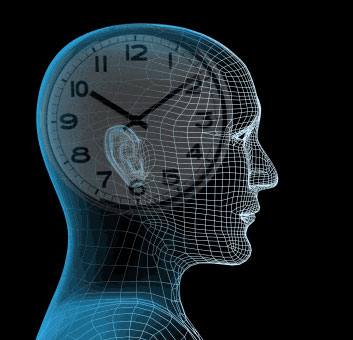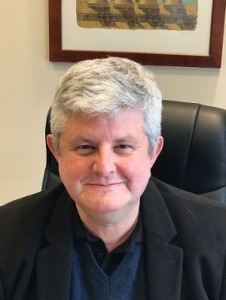“The discovery of the molecular mechanisms that control the so-called circadian rhythms has been recognized this year with the Nobel Prize in Medicine”
 José Ramón Calvo, full academician of the Royal European Academy of Doctors-Barcelona 1914 (RAED) and president of its Interdisciplinary Research Institute, will give the conference “El reloj alimentario” (The food clock) on 15 December in Arrecife (Canary Islands) organized by the Academy of Sciences, Engineering and Humanities of Lanzarote, of which he is also a member.
José Ramón Calvo, full academician of the Royal European Academy of Doctors-Barcelona 1914 (RAED) and president of its Interdisciplinary Research Institute, will give the conference “El reloj alimentario” (The food clock) on 15 December in Arrecife (Canary Islands) organized by the Academy of Sciences, Engineering and Humanities of Lanzarote, of which he is also a member.
In his work, the speaker refers to the existence of a biological clock that causes the cells of the body to react in different ways to different stimuli depending on the time of day when the stimulus is produced. The discovery of the molecular mechanisms that control the so-called circadian rhythms has been precisely recognized this year with the Nobel prize in Medicine. The award will correspond to three North American scientists: Jeffrey C. Hall, Michael Rosbash and Michael W. Young.

Dr. José Ramón Calvo Fernández
Thanks to his work and that of other scientists who preceded them, today it is known that living beings carry in their cells that internal clock, synchronised with the 24-hour rotations of the planet Earth. Its existence was suggested in 1729 by the French astronomer Jean-Jacques d’Ortous, who studied how mimosas open during the day towards the sunlight and close at sunset. The researcher discovered that this cycle was repeated even in a dark room, which led him to empirically consider the existence of that kind of biological clock that warned the plant that had to open or close.
The three award-winning researchers now used vinegar flies to isolate a gene associated with the control of normal biological rhythm. Subsequently, they revealed that this gene and others self-regulate through their own proteins generating oscillations of approximately 24 hours. The scientific community has since noted the importance of this mechanism in human health. This internal clock is involved, among other mechanisms, in eating behaviour, which is where Calvo will focus his contribution.


